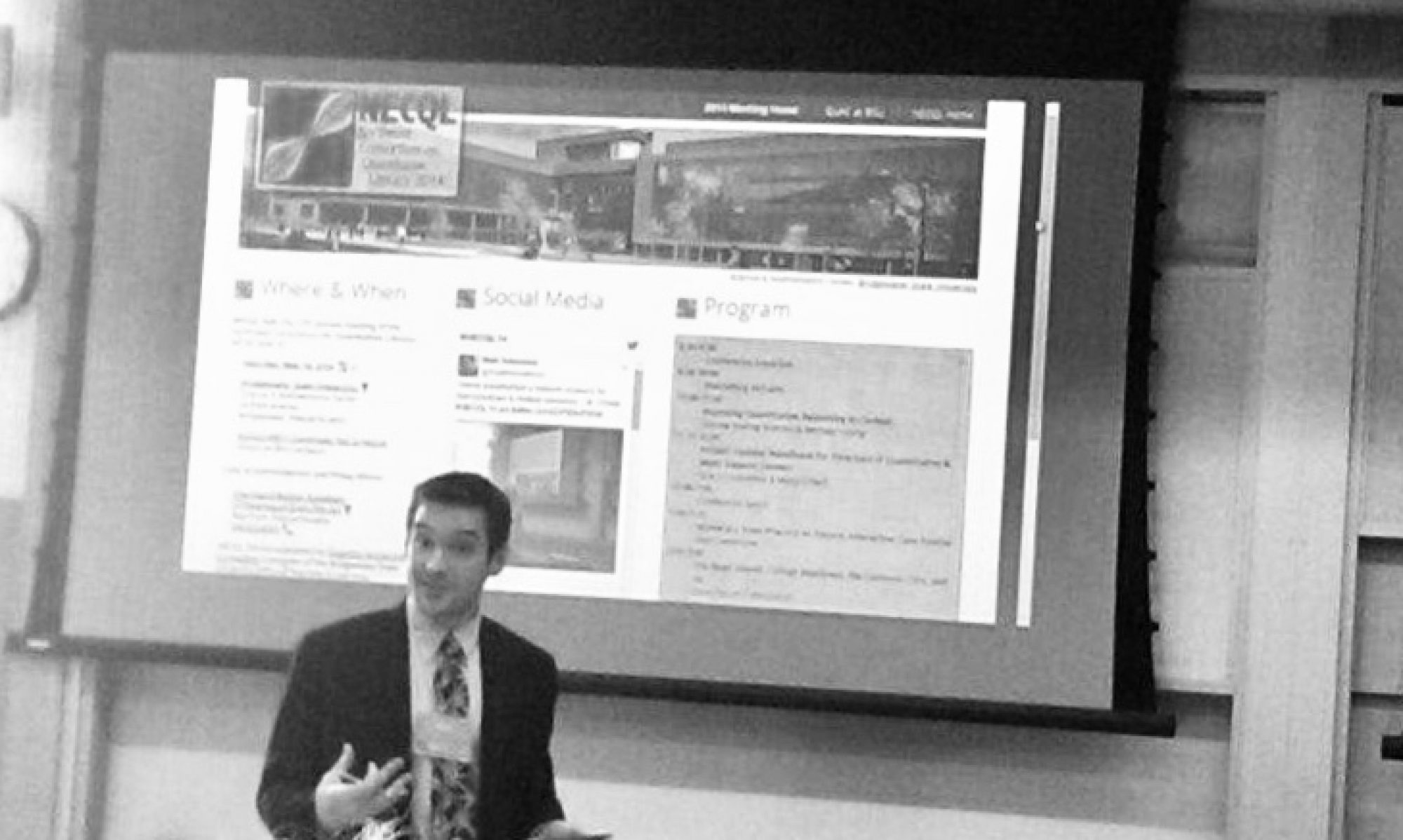How can a quantitative literacy assignment be an opportunity to promote equity? This workshop, given at the Massachusetts Department of Higher Education’s AMCOA Annual Assessment Conference on October 30, 2020, looked at this question through three lenses and provided participants with an opportunity to re-make a problematic assignment prompt.
Continue reading “Equal Signs: A Justice Agenda for Quantitative Literacy”

